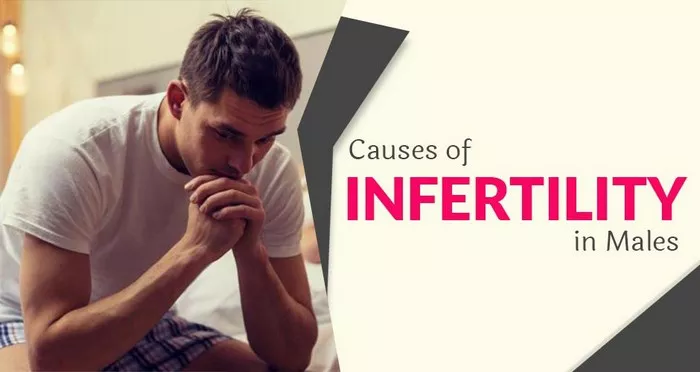For Alison Howie, a dedicated physiotherapist in the UK’s National Health Service (NHS), the pursuit of motherhood has been a grueling journey marked by emotional turmoil, significant expense, and professional challenges. Over a decade, Alison endured 18 embryo transfers—utilizing frozen eggs, donor eggs, and adopted embryos—only to face repeated losses and heartbreak.
The strain extended into her professional life. Working in maternity services became an emotional minefield, compounded by a lack of managerial understanding and policy support. “Managers didn’t know how to handle it,” Alison shared. “They just saw an emotional person.” A previously existing in vitro fertilization (IVF) policy had been discontinued, leaving Alison without the workplace accommodations she needed during an intensely vulnerable time.
Requests for alternative roles within her physiotherapy discipline were denied, despite her qualifications and experience in other areas. However, a colleague facing sudden bereavement was promptly reassigned—a stark contrast that underscored the absence of support for Alison’s ongoing grief and trauma.
“Early pregnancy losses and failed embryo transfers are a form of trauma,” Alison reflected. “Looking back, it was the most difficult thing I’ve ever experienced.”
Workplace Isolation and Insensitivity
In addition to managerial indifference, Alison faced alienation from colleagues. An unwritten rule emerged to avoid discussing certain topics around her. “There was this sense of, ‘Don’t talk about that in front of Alison; you’ll upset her,’” she explained. This isolation deepened her pain, forcing her to hide her struggles and attend fertility appointments before work hours.
The lack of sensitivity extended to workplace interactions. Following her third miscarriage, Alison attended a mandatory training session where the facilitator remarked, “If anyone needs to step out to answer calls, I know we’ve all got kids here.” The comment struck a nerve. When Alison later voiced her discomfort, the coordinator’s response was to avoid her entirely.
Such encounters eroded her confidence. “It’s amazing how some people fail to respect the diversity of life experiences,” Alison remarked.
Financial and Emotional Toll
The financial burden of fertility treatment compounded the stress. Alison spent most of her annual leave over eight years attending appointments and navigating repeated failures. “I’ve never been so stressed,” she admitted. “You’re constantly worrying—can I afford this? Why won’t it work?”
Even in a new outpatient physiotherapy role, support was limited. Repeated attempts at treatment elicited skepticism. “There was this attitude of, ‘You can’t just keep trying,’” Alison recounted. Meanwhile, colleagues were granted multiple maternity leaves without question, leaving her to wonder why pursuing parenthood through fertility treatment was viewed differently.
Seeking Recognition and Understanding
Alison found solace in identifying as “childless not by choice,” a phrase she discovered through an online course. She even added it as a tag in her email signature, only to be reprimanded and told to remove it. “It comes from ignorance and a lack of understanding about how important this is to someone,” she reflected.
NHS Dumfries and Galloway, where Alison currently works, stated that its Once for Scotland Special Leave policy provides support for staff undergoing long-term health processes, including fertility treatment. Managers receive guidance on granting leave or flexible hours while considering service impacts. However, Alison’s experience suggests that policy implementation and workplace culture often fall short of addressing the realities faced by those on fertility journeys.
A Broader Call for Change
Alison’s story underscores the pressing need for workplaces to offer meaningful support to employees navigating infertility. Without adequate policies and understanding, organizations risk losing talented individuals to emotional burnout and a lack of accommodation for deeply personal challenges.
“I used to love my job,” Alison said. “But this journey has been exhausting, expensive, and soul-destroying. It’s something no one should have to go through alone.”
Related topics:
Breakthrough Research Offers Hope for Treating Infertility in Men with Klinefelter Syndrome
Genetics and Fertility: Oxford Study Uncovers DNA’s Role in Life Expectancy and Reproductive Health
CMR and Amity University Develop AI Tool to Aid Male Infertility Diagnosis and IVF Predictions

























